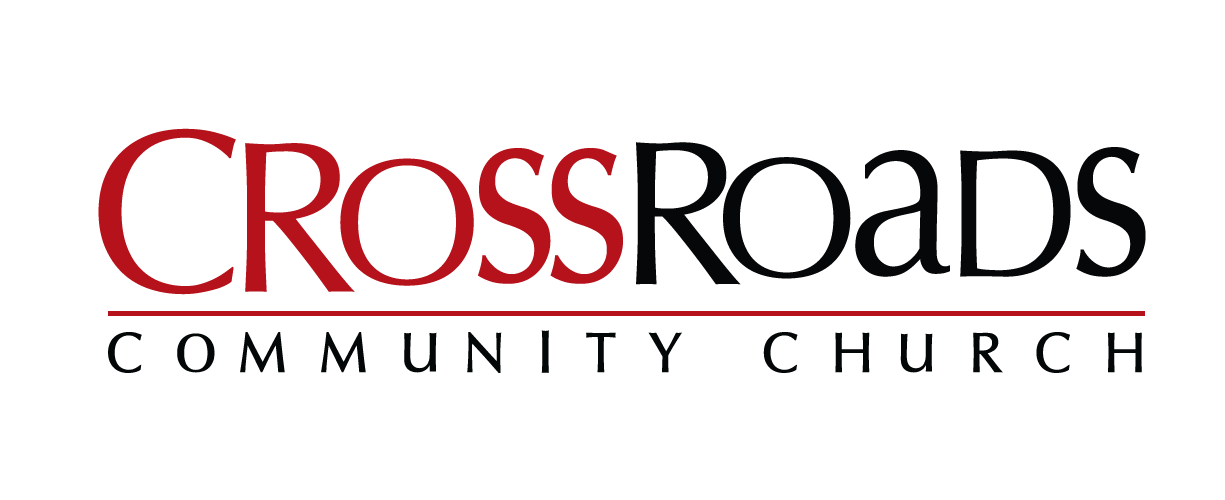

Additional Recommended Resources
Online Tools
- The Bible Project - short videos explaining each book of the Bible and major Bible themes Short Animated Bible Videos | Watch and Download for Free (bibleproject.com)
- The Bible Recap – A reading plan with a daily short commentary video to help you dive deeper into what you read – Start — The Bible Recap
Apps
Classes
- Free online courses from Dallas Theological Seminary
- Free college level classes on the Bible at The Bible Project
Bible Commentaries
Commentaries provide brief explanations of verses and passages in the Bible. They can help you understand what’s behind the text and make you aware of the debates behind difficult passages. They can help take your understanding deeper. But it’s important to remember, commentaries are not the Word of God, they are someone’s opinions. And when you consult multiple commentaries you’ll find opinions differ. Remember the power is in the Word of God. But commentaries can be a helpful resource for thinking more deeply about the text.
If you’re interested in going deeper into individual books, lists of helpful commentaries can be found here: Best Commentaries | Old and New Testament Bible Commentary reviews, ratings, and prices
For most people’s purposes, a good whole Bible commentary is sufficient. Here are some that we’ve used and enjoyed:
- New Bible Commentary, by D. A. Carson and R. T. France
- Bible Knowledge Commentary, by John F. Walvoord and Roy Zuck
- The MacArthur Bible Commentary, by John MacArthur
- Believer's Bible Commentary, by William G. MacDonald
Language Tools
Want to dive deeper into the original languages of the Bible? There are lots of resources that can help.
- The NIV Exhaustive Bible Concordance, Third Edition, by John R. Kohlenberger III
- Mounce's Complete Expository Dictionary of Old and New Testament Words, by William D. Mounce
- The ESV English-Greek Reverse Interlinear New Testament, Edited By: C. John Collins
Other Study Tools
- How to Read the Bible for All It's Worth, by Gordon D. Fee and Douglas Stuart: An introduction to Biblical interpretation with helpful resources on how to interpret the different genres of the Bible
- How to Read the Bible Book by Book: A Guided Tour, by Gordon D. Fee and Douglas Stuart: Lays out the major themes, historical context and issues around the date, author and audience of each book in the bible.
- A Survey of the Old Testament, by Andrew E. Hill and John H. Walton: Explores the literary, historical, and theological issues behind each of its books. Helpful maps, photos, timelines, and charts now in full color.
- An Introduction to the New Testament, by D. A. Carson and Douglas J. Moo: An overview of the background, context, and themes of every New Testament book.
Systematic Theologies
A systematic theology addresses the core doctrines of Christianity. It will present multiple views of this doctrine and how it’s been understood throughout church history and then give you the author’s opinion of the best understanding of this doctrine. You probably won’t read a systematic theology cover to cover. It’s useful as a reference to understand different issues. A systematic theology will cover issues like 'How should we understand the character and nature of God?', 'What does the Bible say about the Trinity?', and 'What is the history of the different views on baptism or the end times?'. Here’s a couple of our favorites:

Crossroads Community Church, with campuses in both Sheboygan and Manitowoc, Wisconsin, exists to help people connect with God and others at the crossroads of life.
Crossroads Community Church
Sheboygan Campus | P: 920-694-1552 [email protected]
Manitowoc Campus | P: 920-663-2960 [email protected]
©
© 2023 Crossroads Community Church | See our Privacy Policy + Terms of Service | Crossroads Community Church is a registered 501(c)(3) nonprofit organization
Designed, Built + Managed by Re3 Creative